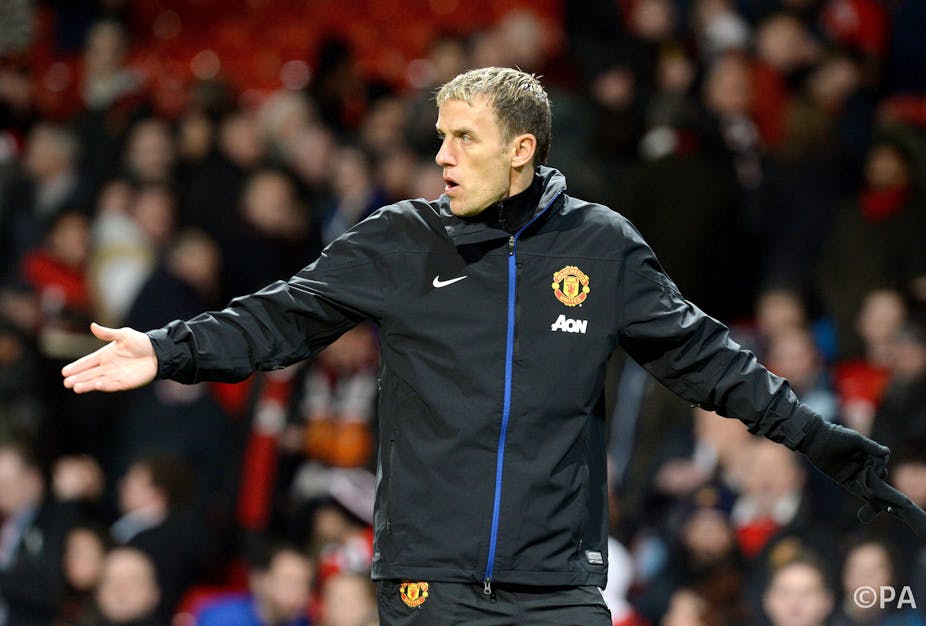Experiencing live football has never been so easy. And the enjoyment of following the action can now only be complete for many of us if we tune in to the global chorus of opinion that takes place on Twitter during every game. As this year’s World Cup has already shown, Twitter is changing the whole experience of the game and is even producing headlines of its own.
The way players use Twitter, and the consequences they have experienced as a result of their use, has shown that the site is not just a talking shop, but a forum that has an impact on real life. An early example was footballer Darren Bent, who vented his anger at the way in which his transfer from Tottenham Hotspur to Sunderland was being conducted in 140 characters a few years ago. Ryan Babel of Liverpool also took to twitter to question why his manager had left him out of the team for a fixture against Stoke City. Both comments made the headlines and affected the players’ relations with their clubs.
For fans, the site has provided manifold opportunities to engage and interact with all aspects of the sport. We tweet our views on players, pundits and results. Its an example of what philosopher Paul Virilio referred to as a “city of the instant” – a place where technology and sport are experienced at the “speed of light”.
Twitter’s instantaneous nature has implications for the way that topics subsequently discussed by fans across these online spaces develop in real time. One way in which this takes place is through the platform’s “trending” feature – how popular topics are identified and followed through a certain #hashtag slogan, phrase or word. This has led to commentators, as well as players being scrutinised in this World Cup.
Online social media platforms and other technological advancements such as 3D TVs, offer a visual excess of reality that goes well beyond the traditional fan experience that was primarily had through physical attendance at games. As a result, these advancements have created the perception that fans are now able to interact more closely with the spectacle.
But online activity during games also creates a rather confusing and paradoxical blend of the game being produced and reproduced both by reality (us watching the game) and the media representation of that reality (us hearing and reading about the game). This can be seen in England’s World Cup opener against Italy. On the field, England surpassed our low expectations, offering a refreshing attacking threat – even if they were slightly bamboozled by that Italian orchestra conducted by Andrea Pirlo.
On this occasion, our boredom was to be experienced elsewhere. Step forward Phil Neville, a former Manchester United, Everton and England player, now turning his hand at commentary. His dour comments became an instant trend on Twitter, with watchers of the game turning to the internet to vent their frustrations on the game and his commentary. Thus, in a rather ironic twist, it was the fans who actually produced the headlines for the newspapers the following day and there are reports that Phil Neville could be dropped from the BBC’s commentary team.
Similarly, the commentator Jonathan Pearce became the subject of vitriol during the France-Honduras game when he seemed to fail to grasp the concept of goal-line technology, which was used to determine France’s second goal. His reluctance to accept the decision caused a backlash on Twitter.
These are just two examples of unlikely trends that have emerged from fans watching games and engaging with social media in the process – it’s likely that many more will arise throughout the tournament. It’s also interesting that these online conversations that dominated chatter during the games had no real relation to the actual football being played on the pitch. This is another way that traditional fan interaction – when games were watched in stadiums or down the pub – is evolving.
While the real spectacle will still be defined by those wonderful goals, tackles and controversies on the field, we can be certain of one thing: Twitter will also have something to say about it and those involved in the games will feel the effects.

